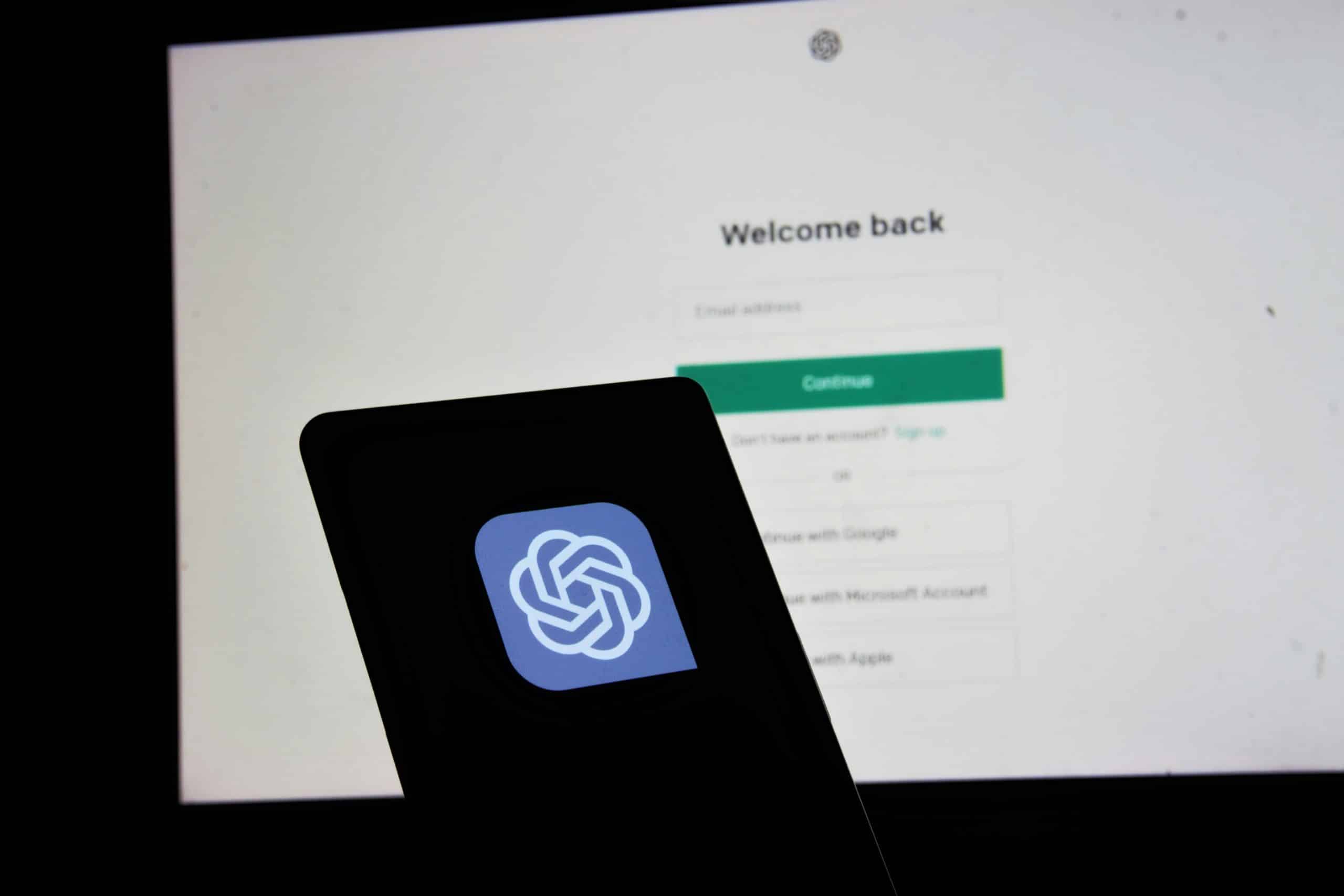How Are Digital Platforms Revolutionizing Access to Mental Health Support?

The advent of digital technology has significantly impacted various aspects of our lives, and mental health support is no exception. As a society, we are increasingly reliant on digital platforms for many tasks that previously required physical interaction. So, how are these platforms changing the landscape of mental health support? Let’s dive in and explore in detail.
The Scope of Digital Platforms in Mental Health
Digital platforms are gradually becoming prominent players in the field of mental health. They offer various strategies for managing mental health conditions, from providing direct therapy to fostering communities for shared experiences and support.
En parallèle : What Advances Are Made in Self-Healing Materials for Electronics?
Digital mental health platforms are primarily internet-based interventions that utilize technology to deliver mental health services. They include websites, mobile applications, and other digital tools designed to provide help, advice, and treatment to individuals experiencing mental health problems.
These platforms are a game-changer in the mental health sector, providing accessible, affordable, and convenient mental health support. They have evolved from simple informational sites to interactive platforms where users can receive personalized help and treatment. Now let’s delve into the various ways these platforms are revolutionizing access to mental health support.
Sujet a lire : How Are IoT Devices Transforming Home Security Systems?
Enhancing Accessibility to Mental Health Support
One of the significant ways digital platforms are revolutionizing mental health care is by enhancing accessibility. Traditional in-person therapy can be challenging to access due to geographic location, lack of transportation, or lack of available providers.
Digital platforms break these barriers by providing mental health support at the touch of a button. Regardless of where you are located, you can access a wealth of mental health resources, including therapy sessions, self-help tools, and peer support communities. This improved access is particularly beneficial to individuals in remote or rural areas where mental health services may be sparse.
Additionally, digital platforms can offer accessibility options for those with disabilities. Text-based therapy can be a boon for those with hearing impairments, while voice-based platforms can support individuals with visual impairments.
Affordability of Digital Mental Health Platforms
Cost is a significant barrier to accessing mental health services for many people. Traditional therapy sessions can be expensive, and not all insurance plans cover mental health care. Digital platforms are providing a solution to this problem.
Many digital mental health platforms offer affordable subscription plans that are much cheaper than traditional therapy. Moreover, some platforms provide free resources, such as self-help guides, community forums, and mental health awareness articles.
By lowering the financial barrier, digital platforms are ensuring that more people can access the mental health support they need. This democratization of mental health care is a significant step in addressing the global mental health crisis.
Offering Anonymity and Privacy
An often overlooked advantage of digital platforms is the anonymity and privacy they offer.
For many, stigma around mental health can be a daunting barrier to seeking help. Digital platforms provide an environment where users can seek assistance anonymously, without fear of judgement. They can share their feelings, experiences, and struggles, knowing that their privacy is respected and protected.
This level of anonymity can make it easier for individuals to take the first step towards seeking help, opening the door to their recovery journey.
Providing Personalized Treatment
Digital platforms are leveraging advanced technologies like artificial intelligence (AI) and machine learning to provide personalized treatment plans.
These technologies can analyze an individual’s input, track progress, and adapt the treatment plan as needed. This personalization can improve the effectiveness of the treatment, as it caters to the individual’s unique needs and circumstances.
Moreover, digital platforms can offer a variety of treatment options, such as Cognitive Behavioral Therapy (CBT), Dialectical Behavior Therapy (DBT), and mindfulness techniques. This diversity allows users to explore different therapies and choose what works best for them.
Encouraging Preventative Mental Health Care
Preventative mental health care is a critical but often neglected aspect of mental health. Digital platforms are addressing this gap by providing tools and resources that encourage users to take care of their mental health proactively.
From mindfulness apps that encourage regular meditation, to mood tracking apps that help users monitor their emotional well-being, digital platforms are equipping individuals with the tools they need to maintain their mental health. This shift towards preventative care is crucial in reducing the prevalence of serious mental health conditions.
To recap, digital platforms are revolutionizing access to mental health support by enhancing accessibility, offering affordability, providing anonymity and privacy, personalizing treatment, and encouraging preventative care. As technology continues to advance, we can expect these platforms to play an increasingly integral role in mental health care.
Digital Platforms and the Future of Mental Health Care
As we look to the future, it’s clear that digital platforms will continue to shape the mental health landscape, potentially becoming the primary mode of mental health support for many individuals. This shift promises to offer unprecedented access to mental health services, particularly for those who have traditionally been underserved.
Innovation in this field is rapidly expanding. Virtual reality, for example, is being explored as a therapeutic tool for treating conditions like post-traumatic stress disorder (PTSD). Machine learning algorithms are being developed to predict mental health crises before they occur, offering the potential for early intervention. These advancements are pushing the boundaries of what digital platforms can offer in terms of mental health support.
Furthermore, as the stigma around mental health continues to decrease, more people may feel comfortable seeking help through digital platforms. The anonymity provided by these platforms can help individuals feel safe discussing their mental health, and the convenience of accessing support from home can be a significant draw for many.
However, the rise of digital platforms does not mean the end of traditional mental health services. Face-to-face therapy still plays a vital role and can offer benefits that digital platforms cannot, such as physical comfort and nuanced understanding of non-verbal cues. It’s likely that the future of mental health care will involve a combination of digital and traditional services, offering a holistic approach to mental health support.
Conclusion
Digital platforms are undeniably revolutionizing access to mental health support. They are breaking down barriers, enhancing accessibility, providing affordable options, and offering personalized and preventative mental health care. With the potential for anonymity, they also provide a safe space for individuals to seek help without fear of judgement.
However, while these platforms offer promising benefits, it’s crucial to remember that they are tools to supplement, not replace, traditional mental health services. Their role is to widen access to mental health care, not to eliminate the need for face-to-face therapy.
As digital technology continues to evolve, we can look forward to further innovative solutions that enhance mental health support. The revolution is just beginning, and the future of mental health care looks promising. Let’s continue to leverage digital platforms to ensure mental health support is accessible to everyone.
